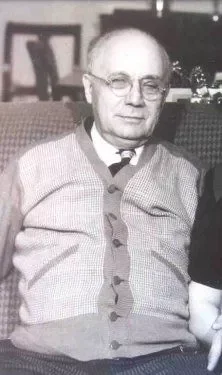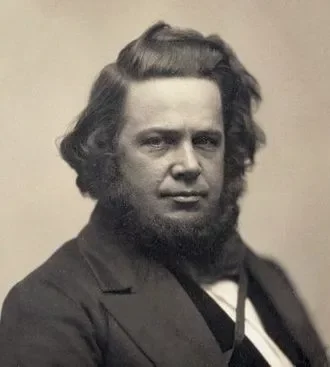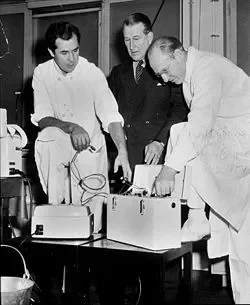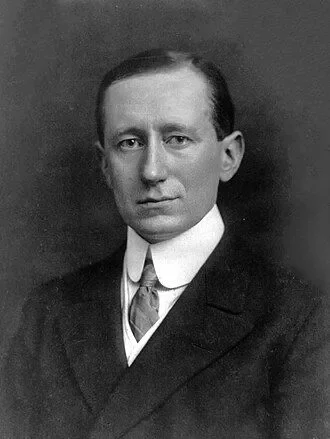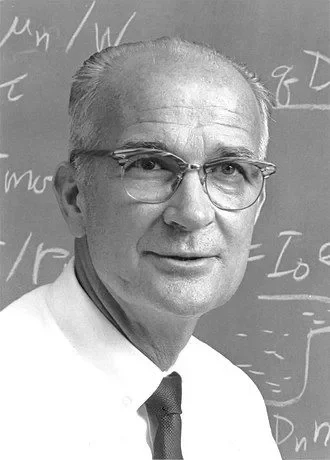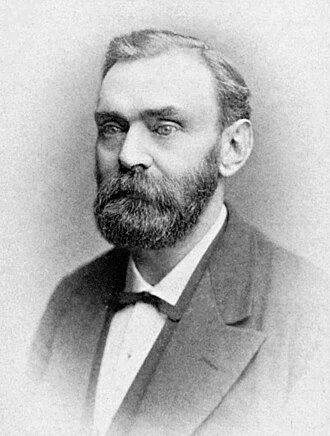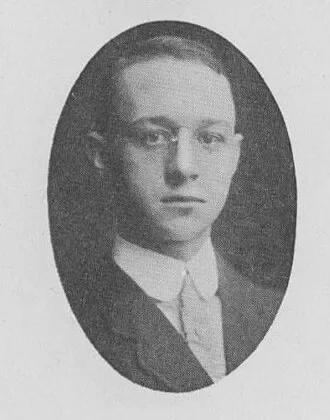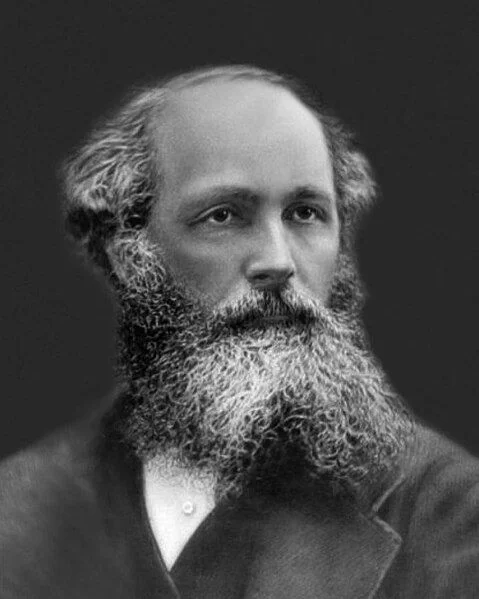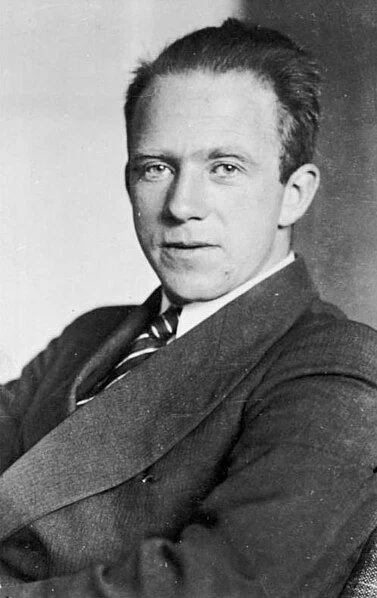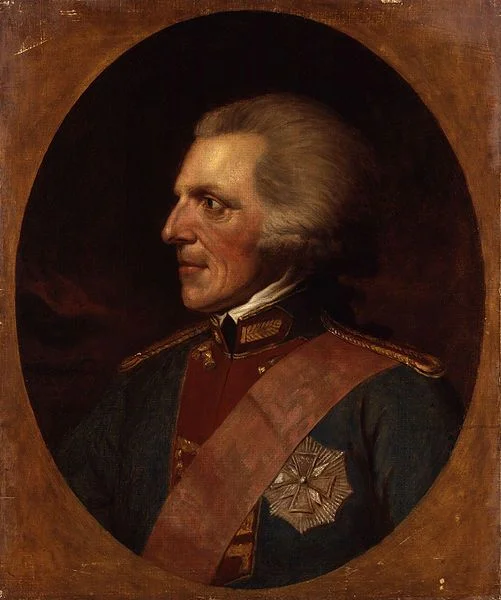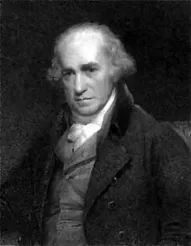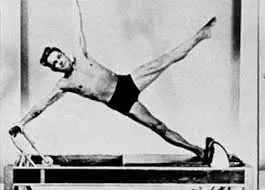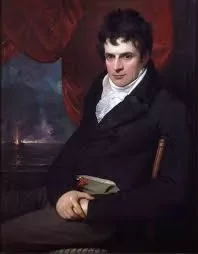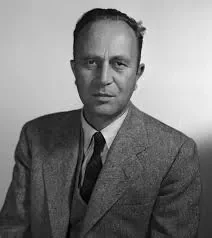Real Celebrities Never Die!
OR
Search For Past Celebrities Whose Birthday You Share
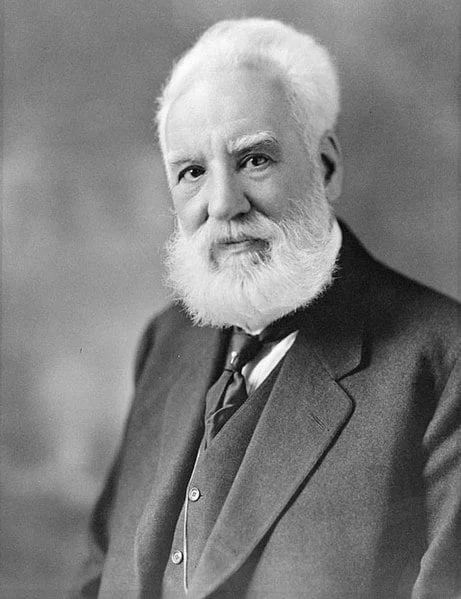
wikipedia.org
Alexander Graham Bell
Birthday:
03 Mar, 1847
Date of Death:
02 Aug, 1922
Cause of death:
Complications arising from diabetes
Nationality:
American, Canadian, Scottish
Famous As:
Engineer
Age at the time of death:
75
Alexander Graham Bell's Quote's
Early Life and Influences
Alexander Graham Bell was a Scottish-born inventor, scientist, and teacher who is best known for inventing the telephone. Born on March 3, 1847, in Edinburgh, Scotland, Bell was exposed to the world of science and innovation from an early age. His father, Alexander Melville Bell, was a renowned speech therapist, and his mother, Eliza Grace Symonds Bell, was deaf. These influences would later play a crucial role in shaping his career.
Immigration and Early Work
In 1870, Bell immigrated to Canada with his family and began teaching at the Boston School for the Deaf in the United States. His work with deaf students further fueled his interest in sound and communication. During this time, he started experimenting with various devices to transmit sound.
Invention of the Telephone
The breakthrough in Bell’s career came in 1876 when he invented the telephone. Working alongside his assistant, Thomas Watson, Bell developed a device that transmitted sound through electric currents. On March 10, 1876, Bell made the first successful telephone call, famously saying, “Mr. Watson, come here, I want to see you.” This invention revolutionized communication, laying the foundation for the modern telephone system.
Establishment of Bell Telephone Company
Following the success of the telephone, Alexander Graham Bell continued his relentless pursuit of innovation. In 1877, he established the Bell Telephone Company, which later evolved into the American Telephone and Telegraph (AT&T) Company. Under Bell’s guidance, the company grew rapidly, establishing a nationwide network of telephone lines.
Invention of the Photophone
Bell’s innovative spirit extended beyond telecommunications. In 1880, he invented the photophone, a device that transmitted sound on a beam of light. The photophone, though overshadowed by the telephone, hinted at the future of optical communication technologies.
Contributions to Aeronautics
In the later years of his life, Bell’s focus shifted to aeronautics. He became interested in flight and experimented with various flying machines. In 1907, he founded the Aerial Experiment Association, which aimed to develop practical aircraft. While his contributions to aviation were overshadowed by other pioneers like the Wright brothers, Bell’s experiments and insights played a role in the advancement of aviation technology.
Diverse Scientific Endeavors
Bell’s scientific endeavors extended beyond his inventions. He conducted research on topics such as genetics, hydrofoils, and metal detectors. His diverse interests and contributions made him a respected figure in the scientific community.
Legacy and Death
Alexander Graham Bell’s impact on society and communication cannot be overstated. His invention of the telephone revolutionized the way people communicated and laid the groundwork for the modern telecommunications industry. Bell’s legacy extended far beyond his time, as the telephone became an indispensable tool in everyday life.
On August 2, 1922, Alexander Graham Bell passed away at the age of 75 in Baddeck, Nova Scotia, Canada. His contributions to science, technology, and communication continue to be celebrated, and his name remains synonymous with innovation and progress. The telephone, one of his most significant inventions, stands as a testament to his brilliance and enduring legacy.
Name:
Alexander Graham Bell
Popular Name:
Alexander Graham Bell
Gender:
Male
Cause of Death:
Complications arising from diabetes
Spouse:
Place of Birth:
Edinburgh, Scotland
Place of Death:
Beinn Bhreagh, Nova Scotia, Canada
Occupation / Profession:
Personality Type
Logician: Innovative inventors with an unquenchable thirst for knowledge. His thirst for knowledge lead him to many useful inventions..
Alexander Graham Bell is best known for inventing the telephone in 1876, revolutionizing global communication.
Bell's interest in studying sound came from teaching those with hearing and speech impediments.
Beyond the telephone, Bell made significant contributions to aviation, hydrofoils, and optical telecommunications.
He founded the Bell Telephone Company in 1877, which later evolved into AT&T, one of the largest telecommunications companies in the world.
He was deeply involved in education for the deaf, co-founding the American Association to Promote the Teaching of Speech to the Deaf (now the Alexander Graham Bell Association for the Deaf and Hard of Hearing).
1883 NAS Member
1902 Albert Medal
1907 John Fritz Medal
1912 Elliott Cresson Medal

